Thinking of purchasing an RV Camper OR Selling Yours?
Traditionally, the “RV Buying Season” begins in March and April each year as the weather warms across the nation. When I worked in Casper, Wyoming for an independent RV dealer, the first warm days would bring out hordes of people looking to buy and scoop up the campers that had quietly sat on our lot all winter.
Will Spring 2024 bring the typical uptick in RV camper purchases (of all types)?
This article takes a look at what the Spring 2024 RV buying (and selling) season will likely unfold. I begin with a quick personal update. Next I present you with some facts and figures that I believe are relevant and will give us insights on our economy, particularly as it applies to RV – Camper buyers. Lastly, I offer my insights and make some predictions.
Let’s begin to answer the headline question for all RV Camper buyers and sellers by looking at some current facts and figures.
A quick personal note
I’ve had a couple of unanticipated days to work on this article as I was exploring some of the double-black diamond terrain on the back-side of Disco on Thursday (2/15/24) during which I clipped a rock. I kept moving, my ski didn’t. That incident resulted in a hyper-extension of my knee. I did get back on the slopes on 2/18/24. I’m writing this on 2/21 and my knee is still sore, but the medical report was clean – no break, no ACL, MCL or PCL damage. I do want to share some photos of the terrain on the back side. Its mostly single black trails that I skied on 2/8, but honestly, they’re some of the steepest black diamond trails found anywhere! Someday (soon) I hope to return to the double-black (top expert) terrain and share some photos and videos with you then! For more about Discovery Ski Area, click HERE.
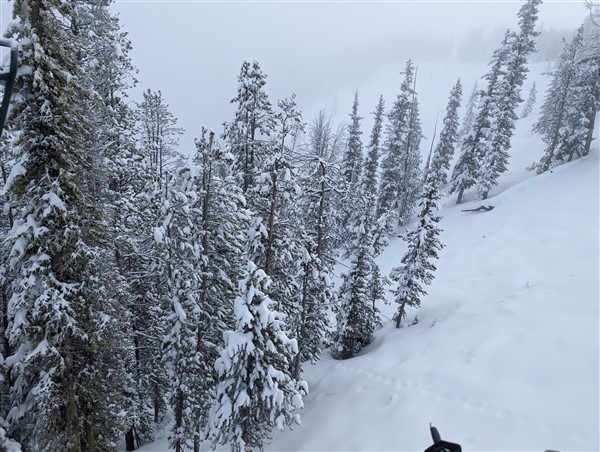
The American consumer
is surviving on their credit cards. Credit card debt as of this writing has climbed to 1.13 TRILLION dollars. There is a 50% uptick on credit card delinquencies and 7% of car loan debt is 30 days late. Many are using credit cards to buy necessities, including groceries as they do not have the funds available to buy even food.
What does this all add up to? In my view, the consumer is “tapped.” These consumers are unlikely to be in the market for an RV, and if they attempt to get a loan for one, they’re unlikely to be approved.
RV Loans – a quick side tour…
RV loans are categorized as recreational loans. They fit into the same general category as boat loans. No one NEEDS a boat! Banks consider both boats and RV’s to be a luxury, not a necessity as with home and car loans.
To qualify for a recreational loan, you typically need a high credit score. You will pay a higher interest (typically 8% or more.) Terms are now typically running from 10 to 18 years. These longer terms help to keep the monthly payment in check. Remember, with high rates, the interest paid can add up! Each recreational loan borrower typically has to qualify. There is no “co-signing” as with car and home loans.
A word of caution about RV Loans…
Earlier, I noted the long terms for an RV loan. What this means is for the first few years, most of what you’re paying on the loan is interest. In many cases, after 4 or 5 years, you’ve only paid down a small fraction of the principle owed. All the meanwhile, your RV camper is depreciating in value. This leaves many borrowers who want to sell after just a few years of ownership “upside down..” Simply put, they owe far more on their camper than its worth.
When an RV owner comes to me to help with selling their camper through my Concierge RV Buying and Selling Service, its not uncommon for the seller to owe much more on their camper than they’ll ever receive for it when they sell it. I advise them of this before I accept any funds for my services. And… if they trade it to a dealer, the situation gets even worse. Know that the dealer needs to make a profit on their trade-in (and on the camper they’re buying from the dealer.)
To avoid this situation, I recommend buying a used camper that has already depreciated quite a bit. Additionally, if you take out a loan, try to put down as much as you reasonably can.
U.S. Employment Statistics and their impact upon the RV Sales Market
Across the nation, employees are experiencing layoffs. Some of the layoffs are due to robots or A.I. replacing humans, but some of it is simply due to slow business. According to layoffs.fyi which tracks (mostly) tech companies, there have been over 40,000 layoffs in the first 7 weeks of 2024. In 2023, over 260,000 tech company employees were laid off.
Beyond the tech sector, Business Insider reports that Citi (bank) plans 20,000 layoffs this year, UPS 12,000, and Nike 1500 cuts. These are three “major players” in three very different industries – banking, transportation/delivery services, apparel. I believe these cuts are a sign of fundamental weakness in the “main street” economy. I personally do NOT believe that valuations seen on Wall Street accurately reflect the overall condition of our nation’s economy. In other words, Main Street’s “conditions” are far more reflective of how most folks are doing.
Also, If you think “good” jobs numbers counter these layoffs, think again. Most of the jobs reported by the government as “new” jobs are part time jobs – not full time, good paying career positions.
When an employee is laid off…
When someone is laid off, they begin to experience their own personal financial depression. As such, if they already own an RV camper, they may look to sell it adding to the wealth of RV’s available for purchase. Their layoff extends well beyond the individual employee and their family. Every layoff shakes other employees at that company to their core. Further, employees who work for other companies within the same industry, they will also become more cautious. Likely, they will question the stability of their own job. This makes them far less likely to extend themselves at this time and purchase an RV, hence fewer buyers.
For example, when a Citi or UPS employee is laid off, other banks or other transportation companies employees may think twice before making a major purchase. Outside of a home, an RV is likely to be one of the biggest purchases in your lifetime.
Retail Sales nationwide
Retail sales in early ’24 are down 0.8% (thebusinessjournal.com), and Christmas sales were recently revised downward. Part of this is inevitably due to the continued inflation we’re experiencing across the nation. Fuel prices, another significant factor for RV owners, are back on the upswing. In my local area, fuel prices are up 30-40 cents per gallon over the past 15 days.
New RV Camper Inventories
RV dealers know that manufacturers are looking to deliver the 2025 models between June and August (in most cases.) Some arrive as early as April! As I write this, in late February 2024, dealers know that the current model year (2024) is about to be replaced in a few months by the new, 2025 model year.
Using RV Trader, I checked inventory across the nation on older (but still brand new) RV campers (of all types.) The numbers are disturbing to say the least. In my search on February 17, there were almost 7400 new RV’s for sale at dealers carrying a 2022 title and nearly 35000 RV’s with a 2023 title. In a healthy economy, these campers would be long gone from the RV dealers sales lots!
This glut of older but still new campers is a real issue for dealers as its almost impossible to buy one at the “right price” considering how much it has already depreciated while sitting on the dealers lot. Remember, a new camper becomes used the moment it is purchased and leaves the dealers lot. It is then subject to “book values”, and most sellers these days are not getting book value for their campers, regardless of the condition they’re in!
What does all this mean for Spring 2024 RV Sales?
Here’s where I will offer my thoughts. Allow me to state at the outset, I am NOT clairvoyant, but given the above facts and figures, I see a lot of sellers and few qualified buyers. There ARE still buyers. And those buyers are often in a very good position to get a deal. (This is what I do for my RV Clients with my Concierge RV Buying Service.)
That said, it does not mean that dealers (and private sellers) are giving campers away! You often have to “work” to get the camper you want at the right price. AND… you have to know what the right price is! I’m working for my own clients to do just that and to remind my clients that sometimes its best to say “next” when a seller isn’t willing to sell at the “right price.”
Don’t be a dumb buyer!
Some buyers are “dumb” buyers. Recently, I was about to negotiate for a client on a Class A motorhome that had sat on a dealers lot for 4 months. When a trailer sits that long, most dealers are VERY motivated to see it leave their lot! Book value was $77000. The dealer was asking about $70500, which is already a sign of weakness. I was talking with my client about offering $57000 and settling for $62000 or less. Just when I was about to make an offer, someone walked in and paid what the dealer was asking for it! This, in my view, is a dumb buyer! They over-paid for something they could have purchased for THOUSANDS less.
There ARE a few buyers like this, but I believe that outside of an early “uptick” in interest and RV sales, dealer lots will become quiet once again and lots of good campers will be available at the right price for those who know how to negotiate.
**Are you nearing eligibility for Medicare? Before enrolling, as a traveler I did my research. Here’s what I learned and the path I chose.**
Who IS buying RV campers these days?
I believe that RV’s are an excellent way of remaining mobile and getting “off grid” (to the extent that that’s possible) should things get difficult where you live. This lifestyle is becoming increasingly desirable to many. Young professionals have reached out to me to acquire Class B and B+ motorhomes and high quality trailers. Retirees and near retirees are also active buyers of (largely) 5th wheel trailers and Class A motorhomes.
There are advantages and disadvantages to each. In most cases, due to the rapid depreciation campers undergo when new, I recommend a lightly used, “like new” used camper that can be obtained at the right price.
Whatever category you fit into, including none that I’ve named, you can contact me to discuss your wants and needs and see if my services are of value to you.
Conclusions
If you’re in the market to buy an RV, deals CAN be made for the right camper for your needs at a great price. A word of caution: You MUST be methodical and patient. If a camper gets scooped up by another buyer, you’ll save lots of heartache if you haven’t become attached to it. Again, there are LOTS of campers out there. Smart buyers WILL find another camper from a seller who is willing to let it go for the right price.
The hottest sectors have been and should remain Class B and B+ vans along with Pre-DEF Class A motorhomes (earlier than about 2009 models.)
If you’re a seller, the situation is reversed. You need to be realistic that it is a STRONG buyers market. Pricing a camper at too high a price will cost you time in selling it. Considering the fact that JD Power (the agency that establishes book values) updates every other month, even a short delay can cost you real money. Yes, you MIGHT get lucky and find a buyer who pay’s too much, but they’re becoming a truly rare breed.
A request… If you found value here, please leave a comment below. Also, if you wish to be updated on future posts, please subscribe below and you’ll be notified when new articles are posted.
Need RV Accessories? These are “tried and true” by yours truly…

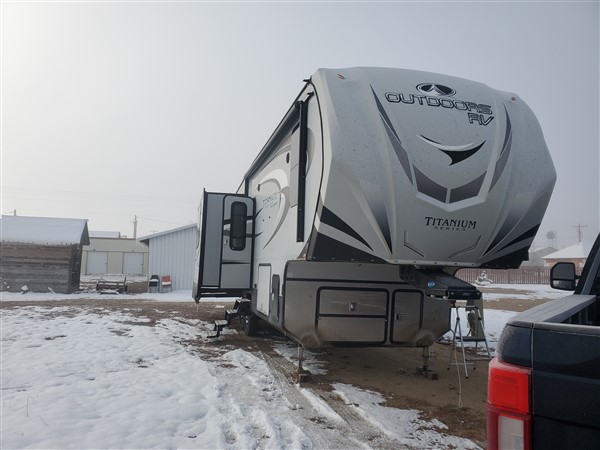

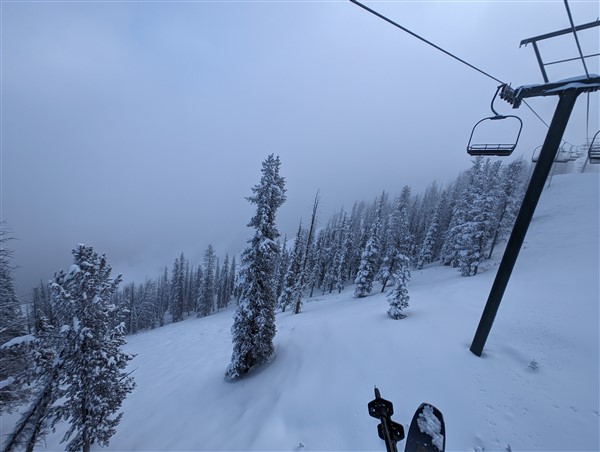
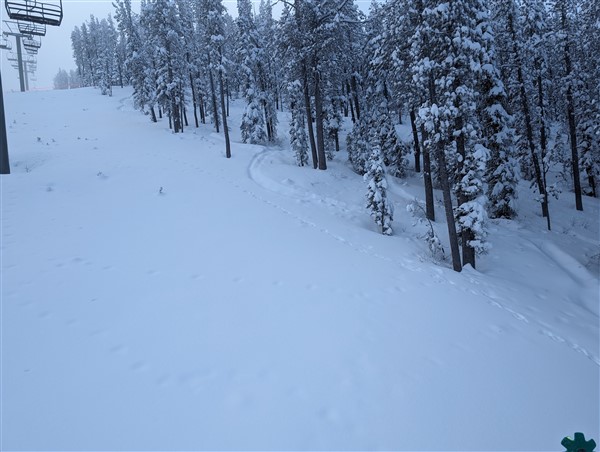
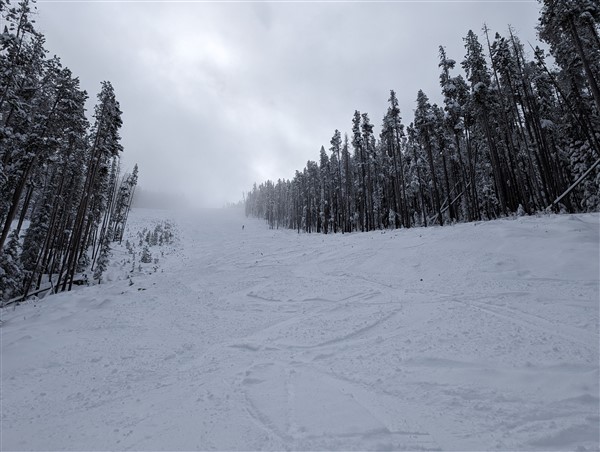
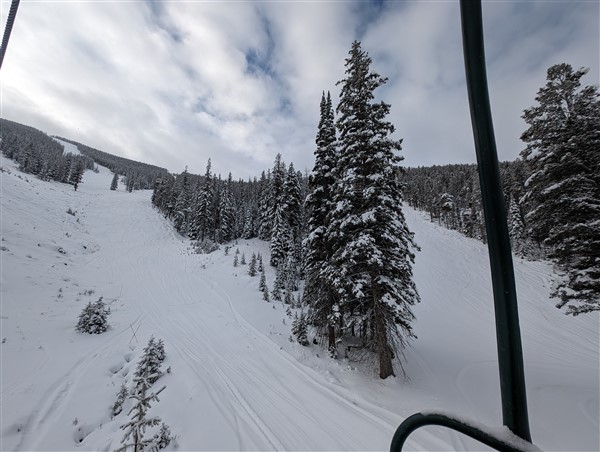


Al – great insights. As a buyer, I’m like a sponge trying to suck up every bit of information I can on towable availability, prices, etc. Thanks –
Thanks Rick, when you’re ready to move forward, if you see value in my Concierge RV Buying Service, feel free to call me – 307 269 2546
Al
“The hottest sectors have been and should remain Class B and B+ vans along with Pre-DEF Class A motorhomes (earlier than about 2009 models.)”
1) Clarification? I took this to mean (relatively) high in demand; i.e. stronger buyer interest and so therefore more of a “seller’s market”. Did I read it correctly?
2) Why the Class B, B+? Just curious.
Dale,
Yes, ie – harder to make a deal with. Why? For B/B+ – they’re “in” with younger professionals who want to be mobile (and perhaps see what’s coming!!) They’re small, nimble, and in the case of B vans, often approved by HOA’s in the places they live. As to A’s that are “pre-DEF” – there’s a dedicated group who wants those diesel pushers that do not require DEF (and all the other crap built into the newer engines).
Hope this helps,
Al
Thanks. I like the B’s, especially the Sprinter-based, and the way they drive, but they’re not roomy enough. PS – I sent Brian L. your way a few months ago for concierge help on a fifth-wheel. He was delighted. You might be getting some of my money this coming year.